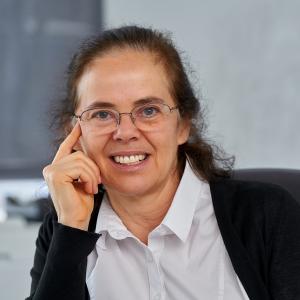- About
- Message from the Chair
- History
- Facilities
- News
- Events
- Info Sci Colloquium
- Advancing Responsible AI with Human-Centered Evaluation
- Bowers Distinguished Speaker Series - Julie E. Cohen, Georgetown University Law Center
- From Agents to Optimization: User Interface Understanding and Generation
- The Language of Creation: How Generative AI Challenges Intuitions—and Offers New Possibilities
- IS Engaged
- Graduation Info
- Info Sci Colloquium
- Contact Us
- Courses
- Research
- Computational Social Science
- Critical Data Studies
- Data Science
- Economics and Information
- Education Technology
- Ethics, Law and Policy
- Human-Computer Interaction
- Human-Robot Interaction
- Incentives and Computation
- Infrastructure Studies
- Interface Design and Ubiquitous Computing
- Natural Language Processing
- Network Science
- Social Computing and Computer-supported Cooperative Work
- Technology and Equity
- People
- Career
- Undergraduate
- Info Sci Majors
- BA - Information Science (College of Arts & Sciences)
- BS - Information Science (CALS)
- BS - Information Science, Systems, and Technology
- Studying Abroad
- MPS Early Credit Option
- Independent Research
- CPT Procedures
- Student Associations
- Undergraduate Minor in Info Sci
- Our Students and Alumni
- Graduation Info
- Contact Us
- Info Sci Majors
- Masters
- PHD
- Prospective PhD Students
- Admissions
- Degree Requirements and Curriculum
- Grad Student Orgs
- For Current PhDs
- Diversity and Inclusion
- Our Students and Alumni
- Graduation Info
- Program Contacts and Student Advising

Contact Information
Computer Science, Information Science
Gates 331
eva@cs.cornell.edu
(607)-255-0984
Éva Tardos received her Dipl.Math. in 1981, and her Ph.D. 1984, from Eötvös University, Budapest, Hungary. She served as the Associate Dean of the College of Computing and Information Science from 2012-2014 and the CIS Associate Dean for Diversity, Equity, and Inclusion.
She has been elected to the National Academy of Engineering and the American Academy of Arts and Sciences, and is the recipient of Packard, Sloan Foundation, and Guggenheim fellowship, an ACM Fellow, INFORMS fellow; and has received the Fulkerson Prize, and the Dantzig prize. She was editor editor-in-Chief of SIAM Journal of Computing 2004-2009, and is currently editor of several other journals: Journal of the ACM, Theory of Computing, and Combinatorica.
Tardos's research interest is algorithms and algorithmic game theory. Her work focuses on the design and analysis of efficient methods for combinatorial-optimization problems on graphs or networks. She is most known for her work on network-flow algorithms, approximation algorithms for network flows, cut, and clustering problems. Her recent work focuses on algorithmic game theory, an emerging new area of designing systems and algorithms for selfish users.


